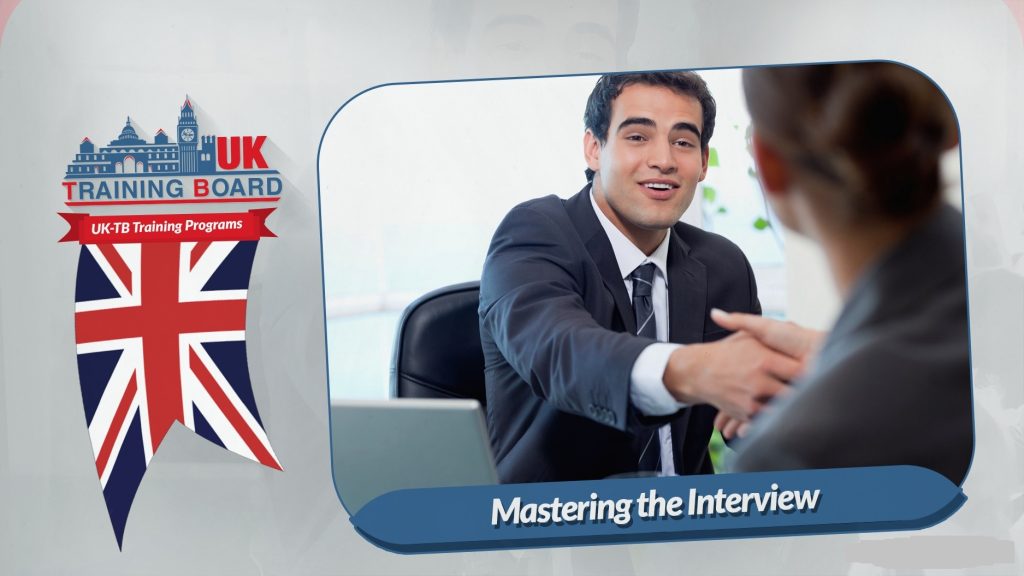In today’s competitive job market, landing your dream job goes beyond merely presenting a polished resume and impressive credentials. It’s about standing out in a crowded pool of candidates. This is where personal branding comes into play. Personal branding in job interviews is not just a buzzword; it’s a powerful tool that can set you apart, leaving a lasting impression on potential employers. In this blog, we’ll explore the significance of personal branding in job interviews and how to effectively incorporate it into your interview strategy.
What is Personal Branding?
Before delving into its role in job interviews, let’s clarify what personal branding entails. Personal branding is the process of actively managing and shaping the way you are perceived by others. It’s about defining your unique value, strengths, and identity in a professional context. Your personal brand is the authentic, compelling storey that you tell about yourself.
Why Personal Branding Matters in Job Interviews
Differentiation: In a sea of applicants with similar qualifications, personal branding allows you to stand out. It enables you to convey what makes you unique and why you’re the ideal fit for the position.
Consistency: A strong personal brand ensures consistency in your messaging across your resume, cover letter, LinkedIn profile, and interview. This consistency reinforces your qualifications and reinforces your narrative.
Memorability: An effective personal brand makes you memorable to interviewers. When they remember you, they’re more likely to recall your qualifications and consider you for the role.
Alignment: Personal branding helps you align your skills, experiences, and values with the company’s culture and the role’s requirements. It demonstrates that you’re not just seeking any job; you’re seeking the right job.
Confidence: When you have a well-defined personal brand, you exude confidence during interviews. You know who you are, what you bring to the table, and why you’re an excellent choice.
Building Your Personal Brand for Interviews
- Self-Reflection: Before entering any interview, spend time reflecting on your values, strengths, and long-term goals. Consider your unique skills and experiences. What sets you apart from other candidates? What are your passions and professional values? This self-awareness is the foundation of your personal brand.
- Consistent Online Presence: Ensure that your online presence, especially your LinkedIn profile, aligns with your personal brand. Use a professional photo, write a compelling summary, and regularly share content that showcases your expertise and interests. Consistency between your online presence and your in-person interview is essential.
- Craft a Compelling Elevator Pitch: Prepare a concise yet compelling elevator pitch that encapsulates your personal brand. This should be a 30-60 second introduction that highlights your unique qualifications and career aspirations. Use it at the beginning of the interview when asked, “Tell me about yourself.”
- Storytelling: Weave your personal brand into your responses during the interview. Use storytelling to illustrate how your experiences and skills align with the company’s needs. Share concrete examples of your achievements and how they reflect your personal brand.
- Show, Don’t Just Tell: Don’t just state your personal brand; demonstrate it through your actions and behaviour during the interview. For example, if you emphasise leadership skills, provide examples of how you’ve led successful projects or teams.
- Be Authentic: Authenticity is a core element of personal branding. Be genuine, transparent, and honest in your responses. Don’t try to create a brand that doesn’t truly reflect who you are.
- Research the Company: Understanding the company’s values, culture, and mission is crucial. Align your personal brand with the company’s ethos, showcasing how you’re a perfect fit for the organisation.
The Impact of Personal Branding
When personal branding is effectively integrated into job interviews, it has the potential to leave a profound impact. Your personal brand can be the difference between a forgettable candidate and a memorable one. It can influence interviewers’ perceptions of your qualifications, your cultural fit within the organisation, and your enthusiasm for the role.
Employers are not just looking for qualifications; they’re looking for individuals who align with their values and who can contribute positively to their team. Your personal brand is your promise to deliver on those expectations.
In conclusion, personal branding plays a vital role in job interviews. It helps you stand out, be remembered, and effectively communicate why you are the ideal candidate for the position. By investing time in self-reflection and aligning your personal brand with your target company’s values and culture, you can significantly enhance your interview success and your overall career prospects. Remember, personal branding isn’t about pretending to be someone you’re not; it’s about confidently showcasing the best of who you already are.



